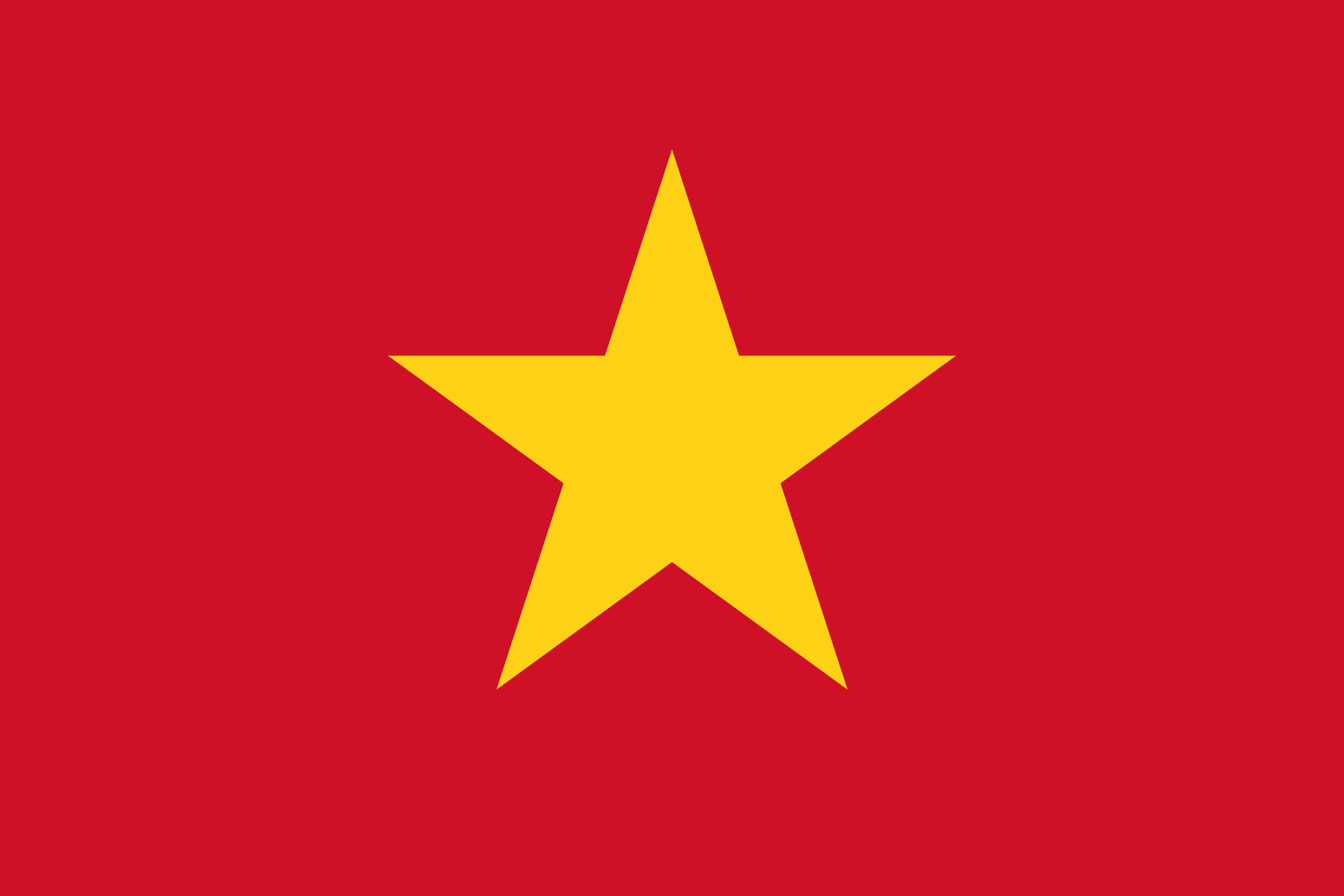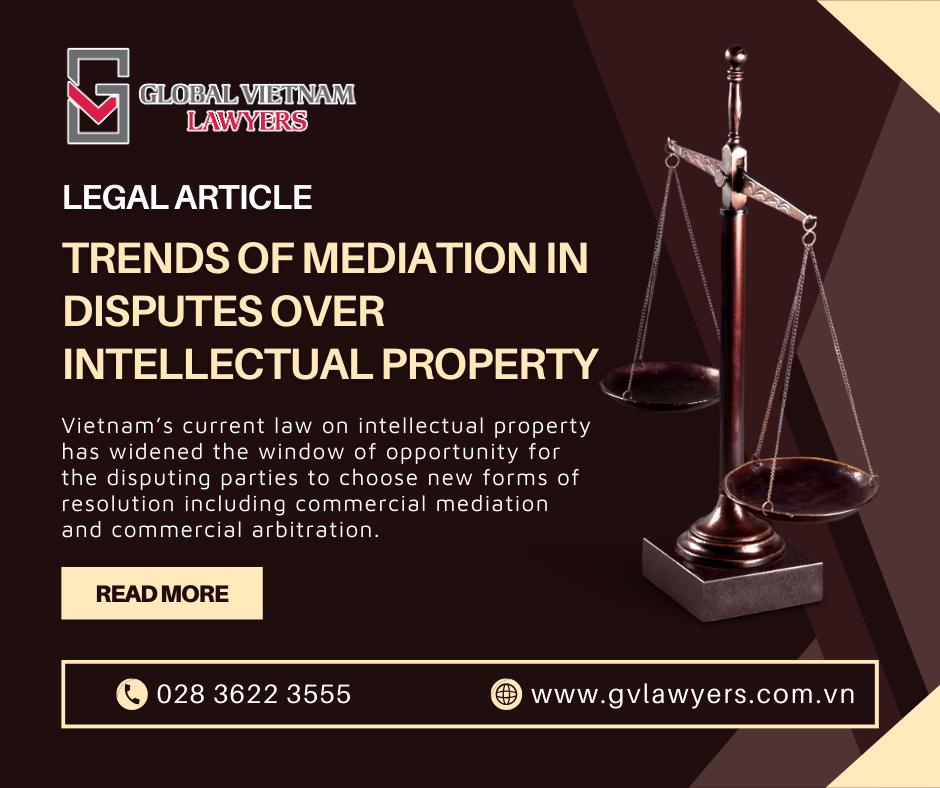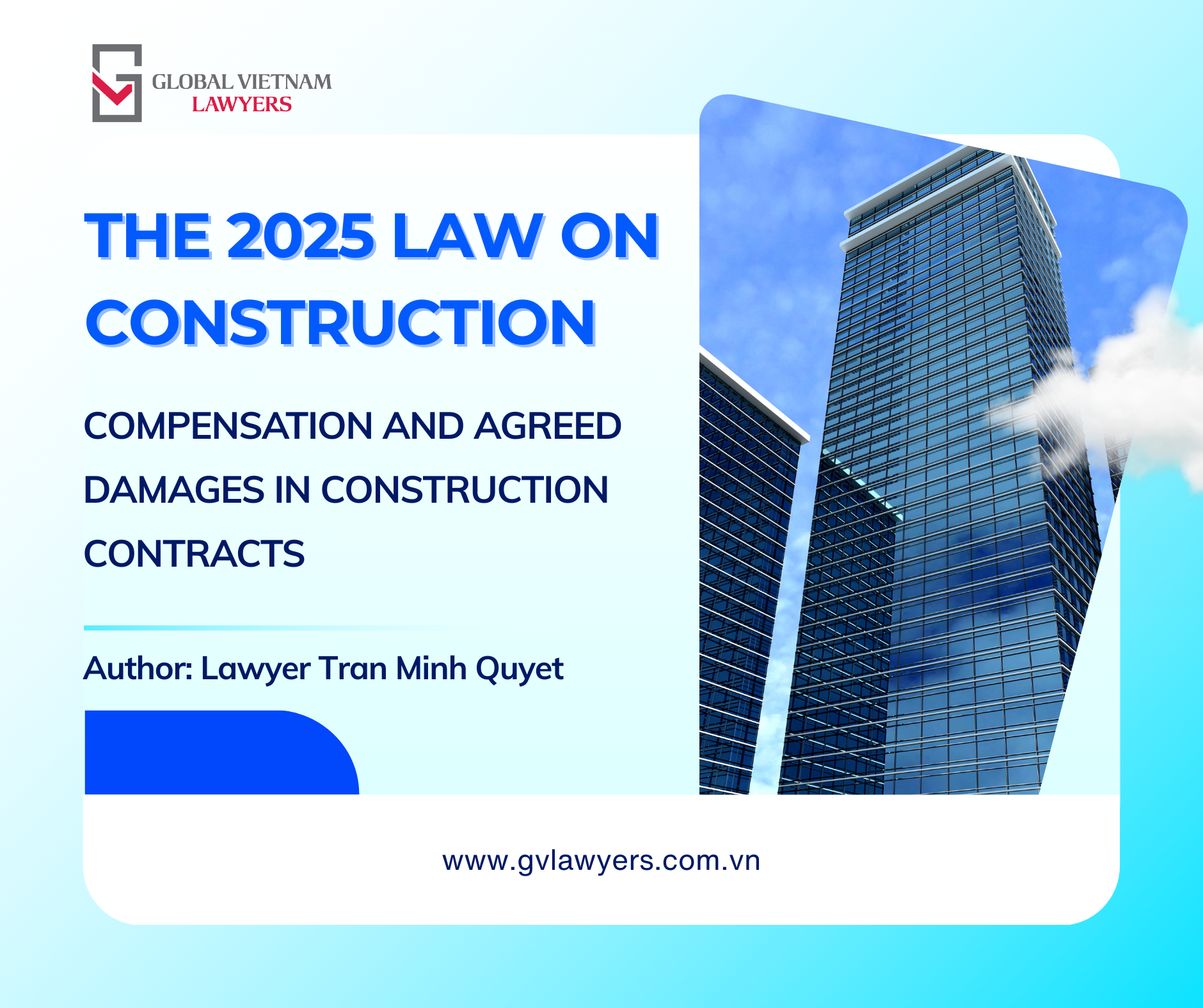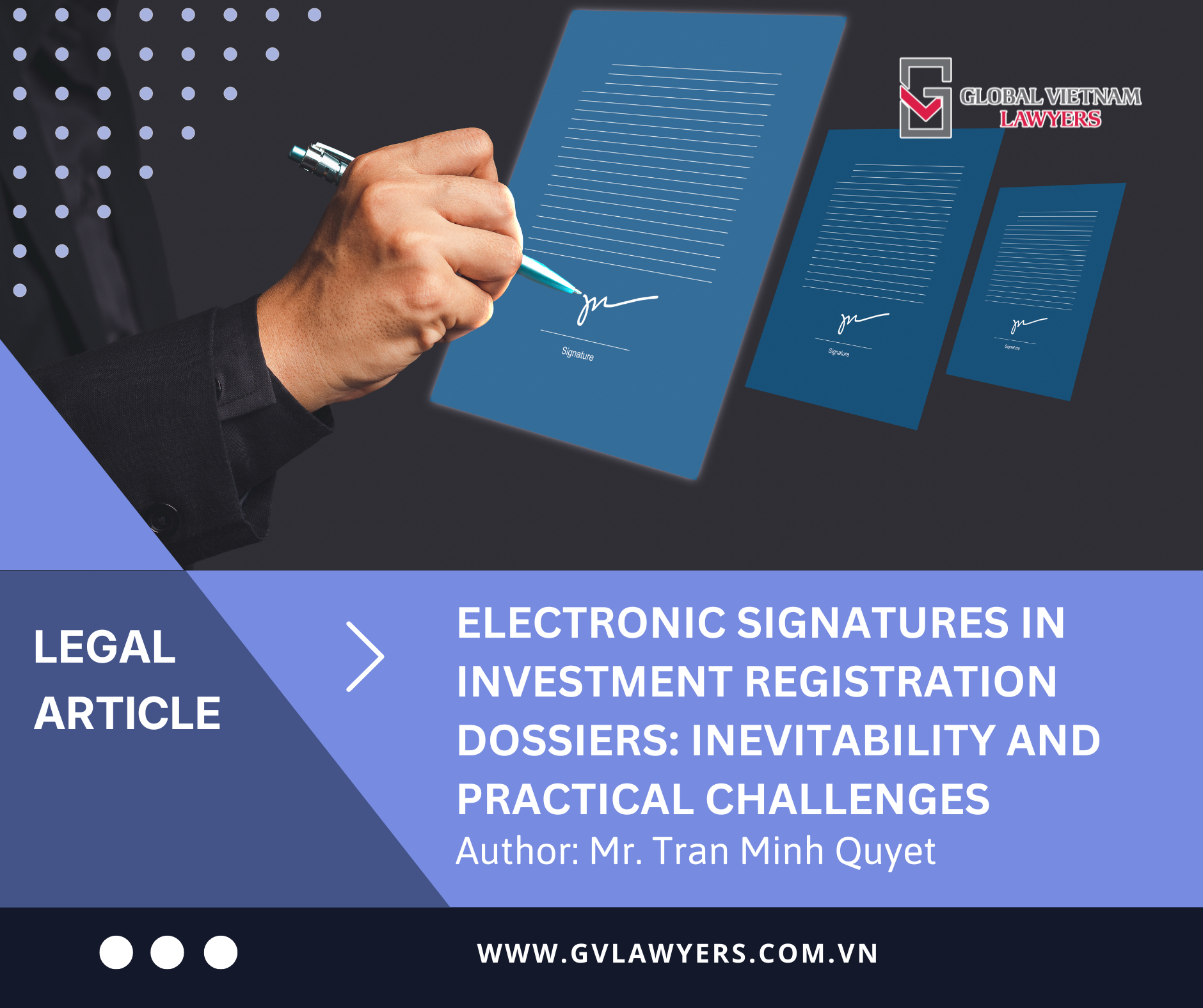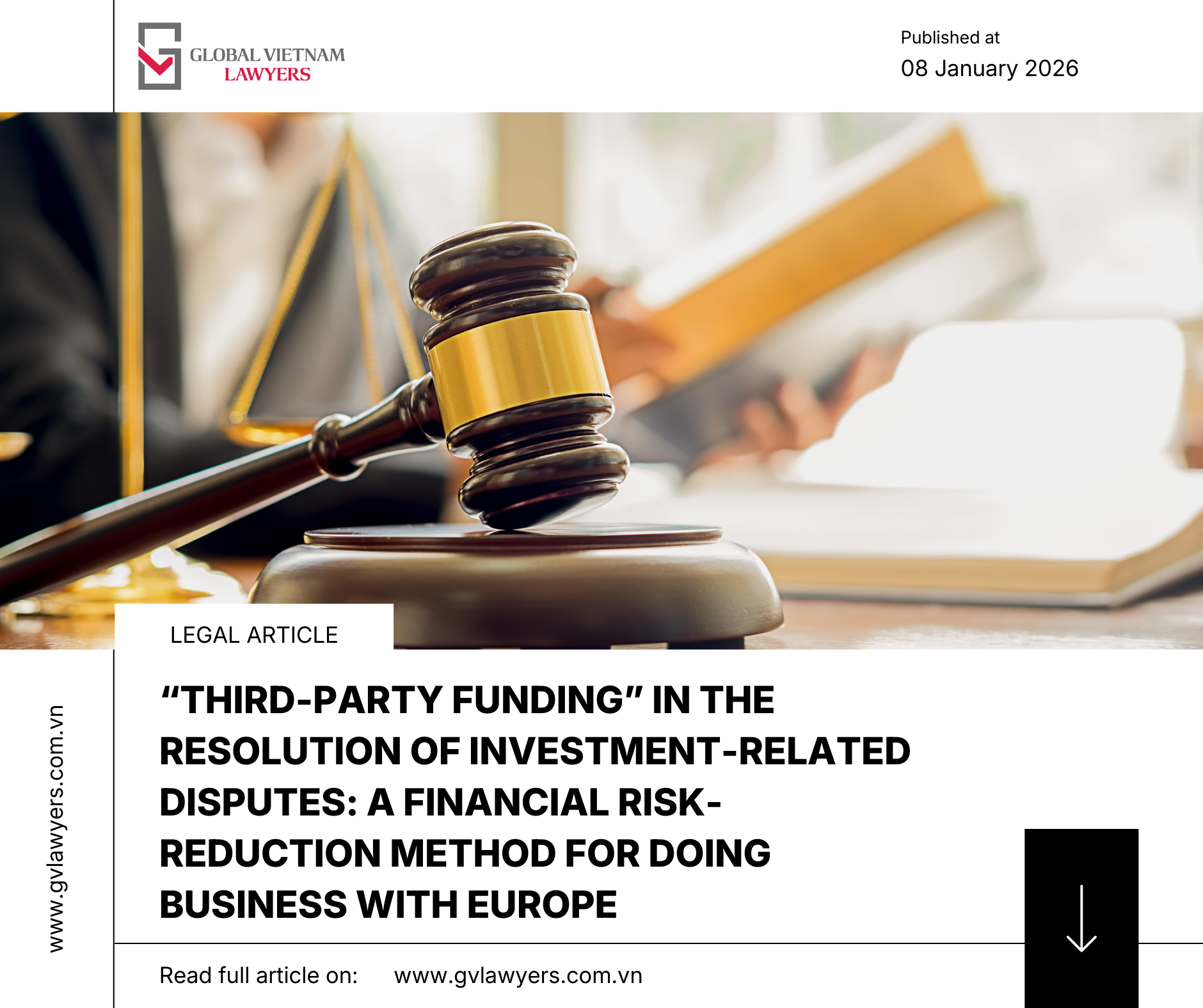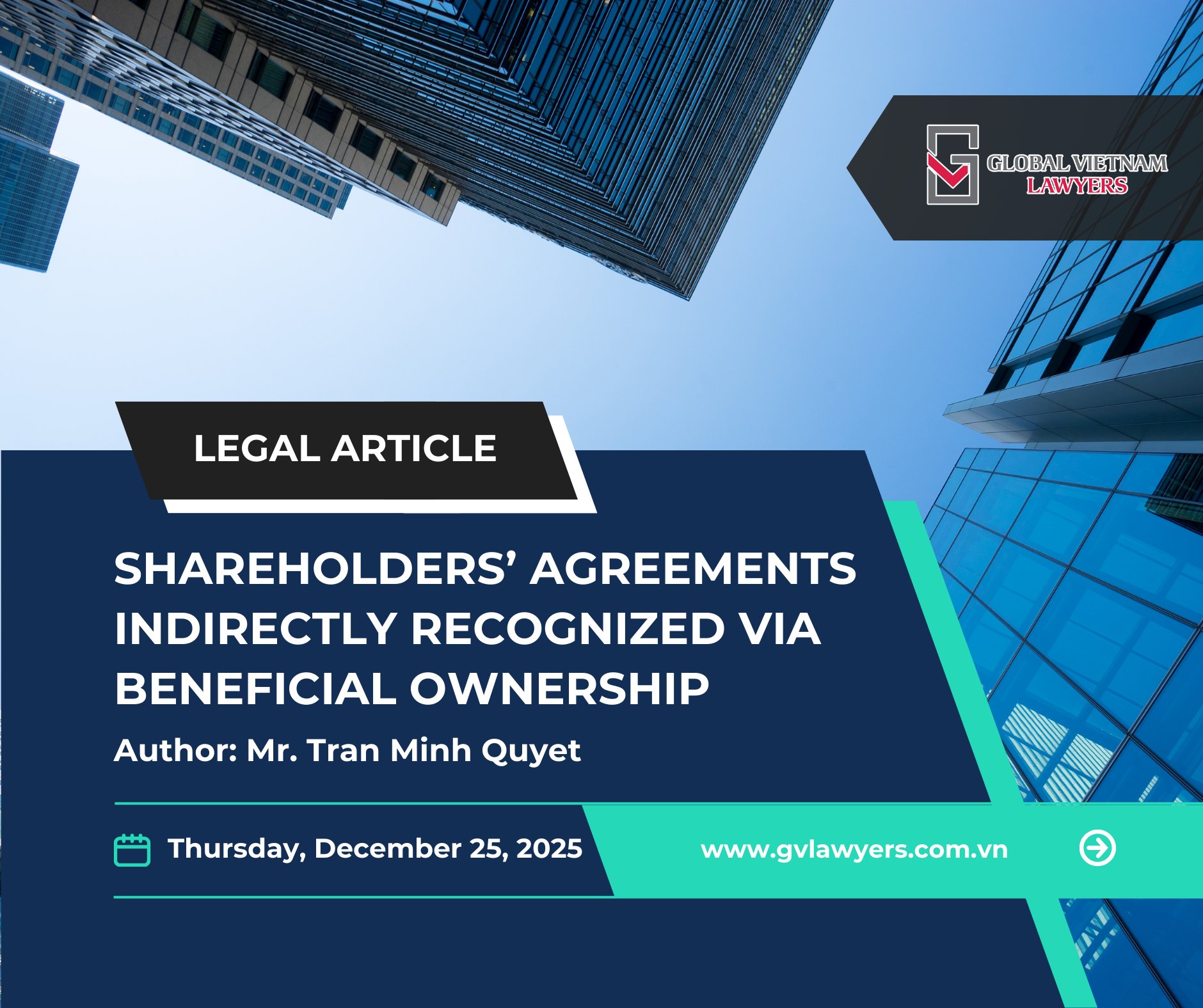GV Lawyers would like to introduce our valued readers to an article by Lawyer Le Quang Vy, Mr. Do Hoa An, and Ms. Pham Thanh Mai titled “Trends of mediation in disputes over intellectual property” published on The Saigon Times on October 26, 2023.
***
Vietnam’s current law on intellectual property has widened the window of opportunity for the disputing parties to choose new forms of resolution including commercial mediation and commercial arbitration. These fresh approaches are characterized by simple procedures, fast track mechanism, and confidentiality of the related information – suited to those who prefer to leave any dispute resolution shrouded in secrecy.
The disputes over intellectual property (IP) often arise from acts of infringement of the IP rights where their owners are protected by law. As a matter of law, an act is determined to be an infringement of IP rights based on four grounds[1]: (i) the subject under consideration falls within the scope of subjects currently protected by the IP rights; (ii) infringing elements are found in the subject under consideration; (iii) the person performing the considered act is not the owner of the IP rights and is not the one authorized by law or a competent authority; and (iv) the conduct under consideration occurs in Vietnam.
To prevent and handle the IP rights infringement, the current law allows rights owners to proactively protect their IP rights through the following measures[2]: Applying technological measures to protect rights, providing rights management information or applying other technological measures to prevent the IP rights infringement; Requesting organizations and individuals that have committed acts of infringing the IP rights to stop doing so, remove and delete infringing content on the telecommunications network and Internet environment, apologize, make public corrections, and compensate for damages; Requesting the competent state agencies to handle acts of infringement of the IP rights according to relevant laws; And instituting a lawsuit in court or through arbitration to protect your legitimate rights and interests.
Weighing dispute resolutions
IP dispute resolution by civil means includes the parties themselves negotiating, conciliating, and/or requesting commercial mediation, and/or requesting resolution by commercial arbitration or in competent court.
The general understanding of the Negotiation method is that the disputing parties together discuss, negotiate, and remove arising disagreements toward dispute resolution without the help of a third party. However, this is a form that exalts the voluntariness and goodwill of the parties without being bound by any legal framework. The results of negotiation depend largely on the subjective will and attitudes of the participating parties, and are not mandatory. Therefore, such negotiation often brings in an effect that is far from ease of prediction and guarantee in practice.
In terms of commercial mediation, the disputing parties agree to select a commercial mediation organization to mediate disagreements between the parties.
As for arbitration agencies and courts, they are basically almost the same as they are both adjudicating agencies, making decisions to force the parties to implement. However, it is necessary to distinguish the differences between these two jurisdictions.
The selection of a court may face many limitations for participating subjects. Specifically, in the court’s principle of public trial, the confidentiality of the identity of the disputing subjects as well as the disputed IP assets cannot be implemented, and the dispute resolution time is also prolonged. A typical example is the copyright dispute between artist Le Phong Linh and Phan Thi Company regarding the comic book “the Vietnamese Child Prodigy”. From the time artist Le Phong Linh officially suing Phan Thi Company in April 2007, until the court issuing the final verdict on February 18, 2019, it was nearly 12 years. The case was publicly tried, attracting public attention and the reputations of both parties were much damaged.
Not to mention that, while the acts of IP infringement are increasingly diverse and sophisticated, the IP-related issues are often highly technical and specialized[3], but the current court system still does not have a IP-specialized court. This leads to the limited number and capacity of judges specializing in IP cases, thereby affecting the time it takes to handle disputes and the quality of the judgments issued.
As opposed to any court, arbitration goes through shorter, faster and more confidential proceedings as it does not follow the principle of public trial – only including involved parties. Commercial arbitration organizations have many arbitrators who are knowledgeable, specialized and veteran experts or lawyers in the field of IP. Both arbitration organization and court are jurisdictions and are often the last option of the parties in case of failed negotiations and mediations.
 Still new to Vietnam
Still new to Vietnam
Commercial mediation has been regulated and encouraged for a long time but is rarely considered for selection in practice as in the past time all results of successful negotiation or mediation have been free from to an enforcement mandate.
However, since Decree 22/2017/ND-CP (Decree 22) took effect from April 15, 2017, the limitations on the compulsory nature of basic commercial mediation have been overcome. Article 16 of Decree 22 provides for: the written agreement on successful mediation results is “considered and recognized pursuant to the civil procedure law”. Accordingly, Article 416 of the 2015 Civil Procedure Code allows the court to consider and issue a decision to recognize a successful mediation result if this result “has been made by the competent agency, organization or person responsible for mediation according to the law on mediation”. Keeping under wraps all information related to the mediation case is one of the three most important principles of commercial mediation[4].
Currently in Vietnam there are many commercial mediation organizations, including the Vietnam Mediation Centre (VMC) – the first unit established in 2018, the Vietnam International Commercial Mediation Center, China Saigon Commercial Mediation Center, Southeast Asia Commercial Mediation Center… This form of commercial mediation also allows parties to choose a mediator, participating in in-person or online mediation – very convenient for the disputing parties involving foreign elements.
In terms of procedures, IP disputes can only be resolved by commercial mediation as the parties reach a mediation agreement, and this agreement may be implemented before or after dispute occurrence or at any time of the dispute resolution process. However, the parties should clearly provide for the priority of resolving disputes by commercial mediation right from the drafting of contracts related to IP to serve as a basis for applying this form upon IP dispute occurrence.
So far, the method of commercial mediation in IP disputes has been still quite new to Vietnam, but the adoption of commercial mediation to resolve disputes over music copyright is not unfamiliar to many countries in the world. And in fact, the concerned parties prefer to seek an extrajudicial dispute resolution like mediation. Even the WIPO, a world IP organization, also encourages parties to resolve disputes via mediation or arbitration. WIPO also has its own mediation and arbitration center. WIPO data show that more and more parties are choosing to resolve disputes through mediation and arbitration at WIPO.
[1] Article 05 Decree 105/2006/NĐ-CP dated September 22, 2006
[2] Article 198 the IP Law in force
[3] This can be seen through the case of “Dispute over intellectual property rights” about some content in the book “Birds of Vietnam” in 2018-2019, both the first instance and appellate courts seemed hesitant in the examination of photographic works, which were recorded and saved as image files on the memory card of the plaintiff’s digital camera, to recognize the plaintiff’s copyright
[4] Article 4.2 Decree 22
Source: The Saigon Times


